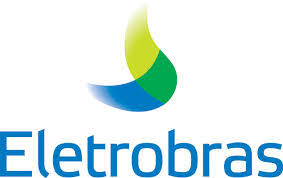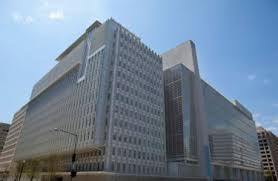Eletrobras Settles SEC FCPA & Bid-Rigging Enforcement Action for $2.5 Million

In a December 2018 enforcement settlement, the SEC and Brazil’s Centrais Elétricas Brasileiras S.A. (“Eletrobras”) agreed to violating books and records and internal accounting controls requirements and paid a $2.5 million penalty. (Here).
DOJ declined to prosecute Eletrobras.
Eletrobas stock is traded on the New York Stock Exchange. The Brazilian government owns 51 percent of Eletrobras and appoints seven of eleven board members.
The bribery and bid-rigging scheme occurred from 2009 to 2015 and involved Eletrobras’ nuclear power subsidiary. Former officers at Eletrobras rigged bids and collected bribes from private construction contractors involving the construction of a nuclear power plant (“UTN Angra III”). The officers authorized contracts and inflated costs of the infrastructure project. The total contract value of the project was $5.7 billion. In exchange, the officers received bribes totaling $9 million.

The construction company executives agreed to pay 2 percent of the UTN Angra III contract value to officials associated with two of Brazil’s largest political parties (1 percent to each). The former subsidiary president received approximately $4.1 million, and other officers collectively received about $4.9 million.
The subsidiary officers used their influence over the UTN Angra III prequalification, budget and procurement process to authorize unnecessary contractors and inflate the cost of the project.
Eletrobras’ subsidiary financed the scheme by paying inflated invoices to the contractors. Eletrobras’ internal controls were defective which resulted in misstatements in Eletrobras’ books and records. Specifically, Eletrobras’ nuclear subsidiary recorded payments top UTN Angra III contractors, a percentage of which was used for bribes, as money legitimately spent to acquire and improve assets. These misstatements were then consolidated in Eletrobras’ books and records.
Eletrobras’ compliance policies and procedures were insufficient or defective to prevent the misconduct. The settlement specifically cited the fact that Eletrobras’ Code of Ethics failed to mention that it applied to its subsidiaries.
The SEC also cited the fact that Eletrobras’ anti-corruption training was only completed by a small number of its workforce.

Further, the settlement noted that Eletrobras regularly disclosed that it suffered from material weaknesses in its internal controls. These deficiencies contributed to the bribery and bid-rigging misconduct that occurred in the UTN Angra III project.
Eletrobras disclosed the issue to the government in 2016. It authorized an internal investigation and cooperated with the government by sharing facts and circumstances uncovered during the investigation, and voluntarily producing and translating documents.
To remediate the violations, Eletrobras disciplined employees, enhanced its accounting controls and compliance functions and adopted new anti-corruption policies and procedures.















